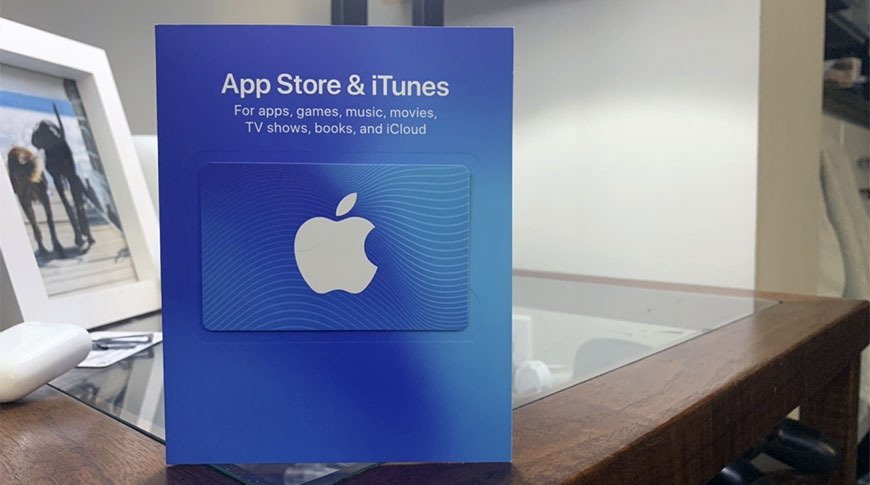A federal judge declined to dismiss claims that Apple benefitted monetarily from stolen gift card schemes, meaning that the company will have to face those claims.
U.S. District Judge Edward Davila dismissed some claims from a 2020 class-action lawsuit alleging that Apple perpetuates and benefits from iTunes gift card scams. However, he did not dismiss claims that Apple received some of the proceeds from fraud.
The original complaint, lodged in the U.S. District Court for the Northern District of California in July 2020, took aim at scams in which attackers persuade victims to send them money in the form of iTunes gift cards. The lawsuit alleged that Apple was at fault for these types of schemes, and benefitted monetarily from them.
Judge Davila ruled that the plaintiffs in the suit plausibly alleged that the iPhone maker did receive some of the proceeds from the scam and did not properly reimburse victims, Courthouse News reported Tuesday.
"Apple stands to benefit from proliferation of the scam, that Apple is fully capable of determining which accounts redeemed the stolen gift card funds and preventing payout of those funds and that Apple nevertheless informed Martin, Marinbach, Qiu, and Hagene that there was nothing it could do for them despite those plaintiffs' prompt notification of the theft," Davila wrote in his decision.
The ruling marks a win for the plaintiffs, who may now move on to the discovery phase despite having most of their claims tossed out.
According to the Federal Trade Commission, gift card scams are an increasing problem. The FTC estimates that criminals stole $30 million in gift card schemes in 2020, up from $24 million the prior year.
The plaintiffs claim that Apple has insight into the type of fraud, given its control of iTunes and related systems. The lawsuit says that Apple should be able to prevent fraudulent purchases, deactivate app accounts, and reimburse stolen funds.
Davila found Apple's argument that it should rely solely on its refund policy insufficient.
"The court finds that Martin, Marinbach, Qiu, and Hagene have alleged facts from which it may be inferred that by refusing to refund the scammed funds, Apple prevented them from taking possession of their property and, indeed, benefitted from perpetuation of the scam," the judge wrote.
This is not the only lawsuit to take aim at Apple's gift cards. In August 2020, a lawsuit filed in a San Diego Superior Court alleged that Apple failed to implement and maintain "reasonable security procedures" to safeguard its physical gift card codes.
 Mike Peterson
Mike Peterson







-m.jpg)






 Charles Martin
Charles Martin
 Christine McKee
Christine McKee
 Wesley Hilliard
Wesley Hilliard
 Malcolm Owen
Malcolm Owen
 Andrew Orr
Andrew Orr
 William Gallagher
William Gallagher
 Sponsored Content
Sponsored Content








10 Comments
That makes no sense.
Gift cards are essentially cash cards. You don't go to the store and say that your Mac is stolen therefore should be compensated for it.
Just no.
We should make a Apple pay for cancer. If Apple doesn’t solve cancer we should file a class action lawsuit.
This is just the beginning when Apple is forced (E.U.) to open up the floodgates they will blamed and held responsible for any the loss or security breach, is short workings of the device, and the right to repair groups will be long gone.
I recently watched a "scam the scammer" video where the caller connects to the user's computer, uses fake banking pages to show that they over-refunded them some money in their bank account and then tenaciously pursues them to be refunded via gift cards. In the one I saw, it was Target and other retail cards. I assume that they then sell these cards on a card exchange to turn them to cash. In this example, Target would benefit (the card would ultimately be used at their store), but should they bear any blame or financial burden because someone was dumb enough to be played? The lack of accountability in people is astounding. Own your screw ups.
So when a con artist gets cash from a mark the U. S. government should reimburse the loser? No